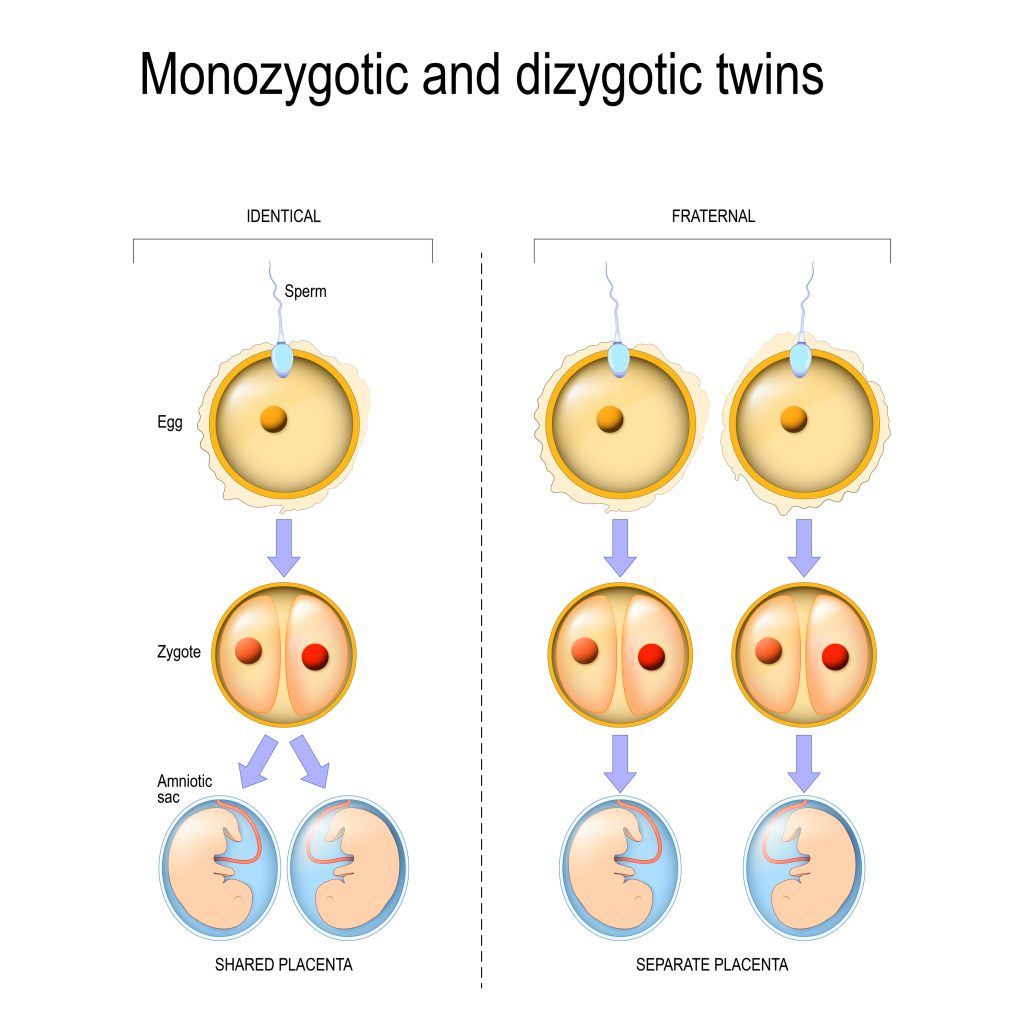
Next in the ‘A-Z’ series is L for Linkage. The use of linked data provides an exciting avenue for future research. This blog outlines what data linkage is, the advantages and challenges of linked data, and the power of using it collaboratively. What is…










Recent Comments